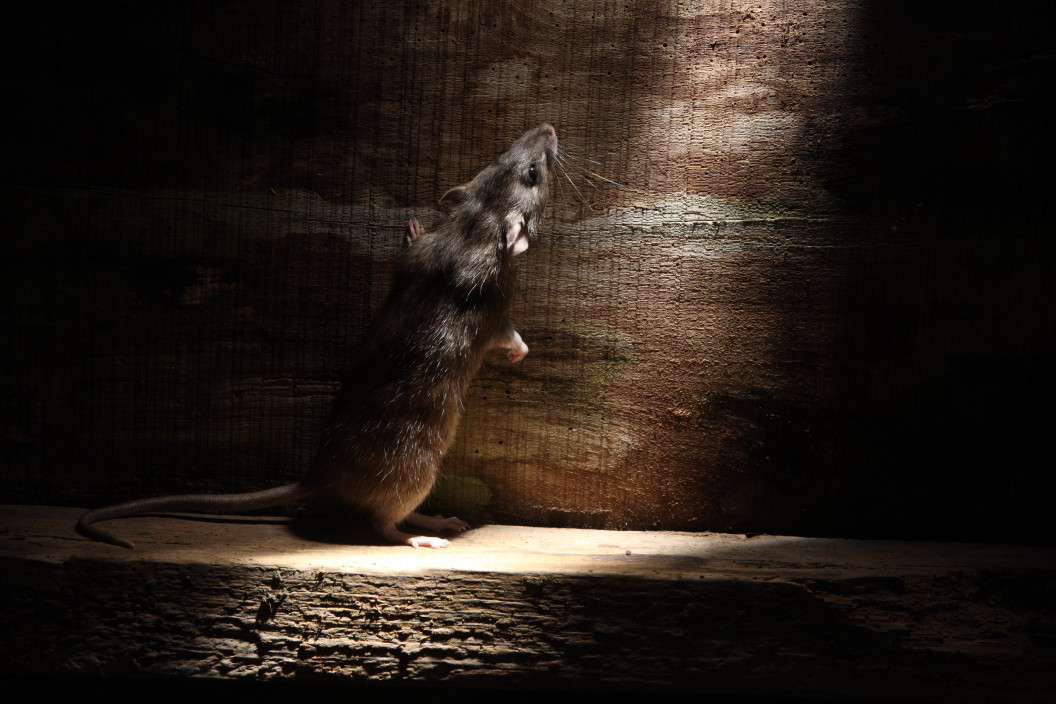Is The Landlord Responsible For Pest Control?
When renting out a property or offering premises for a business to lease, it can be confusing as to whom is responsible should pests appear – the landlord or the tenant. After all, both should surely have some responsibility towards the property, but it can feel a bit like a chicken and an egg situation – were the pests there already or have they arrived since a tenancy has begun? Grey areas indeed. In this article, we look at the circumstances in which a landlord and a tenant have responsibility for pest control within a residential or commercial premises.
When Is The Landlord Responsible For Pest Control?
Residential
If the tenant is the cause of the infestation, then the responsibility for the removal of both the pests and the cause, lies with the tenant. For example, if refuse is allowed to build up in the garden, which results in a rat infestation the cost and responsibility to remove the refuse and the rat infestation lies with the tenant.
The Homes (Fitness for Human Habitation) Act 2018 which came into force on 20th March 2019 and applies to residential properties and tenancy agreements in England states that a landlord must ensure that a property that they rent out most be ‘fit for human habitation’. Broadly speaking, this means that if the landlord is aware of a pest infestation before a tenant moves into the property and proceeds with the tenancy without taking measures to eradicate the pests, the landlord is not meeting their obligations under the Act. If after the tenant moves in, they then inform the landlord of the infestation, the landlord must act in a timely manner to resolve the pest activity.
As a residential landlord, you should deal with any issues that might cause pests to be attracted to your property, such as making sure there is adequate provision for the disposal of waste, and ensuring the structure is suitably maintained without damage or defects that may permit pest ingress or encourage pest activity. A tenancy agreement with clauses that require a tenant to inform you as soon as possible of issues that arise which might allow a pest infestation is highly advisable, including setting out exactly who is responsible for what. Once informed, a landlord should treat the issue as a hazard to health and act immediately. If there is any dispute over the cause of a pest infestation, the services of a pest control company can carry out an inspection to help to identify the cause. Things also become a little more complex in the case of multi-occupancy housing and flat or apartment blocks too, where pest activity can spread throughout the building.
Commercial
For commercial premises it is usually the tenant’s responsibility to take care of pest control. Unlike residential agreements, commercial leases tend to vary with the onus usually on the tenant for both preventative pest control and remediation. It is advisable to check your lease to determine who is responsible. However, it is worth bearing in mind that anything which affects obligations under the Health and Safety at Work Act responsibility lies primarily with the duty holder (tenant/employer/occupier). Further information regarding pest control and commercial premises can be found in this article.
What Obligations Does A Tenant Have?
A residential tenant should keep the property that they rent in good order and ensure that their actions do not create an environment attractive to pests. This includes disposing of rubbish correctly, not leaving food out on work surfaces, ensuring good ventilation in the property so that condensation is not allowed to build, reporting any damage or discovery of pests immediately and allowing access for repairs to be carried out or inspection for pest control reasons. If an infestation occurs and an inspection by a professional pest control determines that the actions of a tenant are the cause, the tenant may be financially responsible for the remedy.
Further information on this subject can be found here on Shelter’s website.
In commercial premises, it is the responsibility of the business operator to ensure they maintain a clean, safe and pest-free environment. Employing the services of a professional commercial pest control services can help prevent pest activity arising or can be used to assist identify and resolve existing infestations. A tenant must also keep in good order and maintain any fixtures and fittings – this includes any repairs that might need to be carried out to stop pests from infesting the premises.
Residential and Commercial Pest Control
Our team at iX5 Pest Control have extensive experience of working with both landlords and tenants, along with considerable experience working in food businesses and in a regulatory capacity within local authorities. This gives us the ability to understand things from many perspectives. As such, we are uniquely placed to support you. If you would like to employ our services, or just require some advice, please call us on 01604 328545 or email [email protected]. You can also use our contact form here and we will get back to you as soon as possible.

